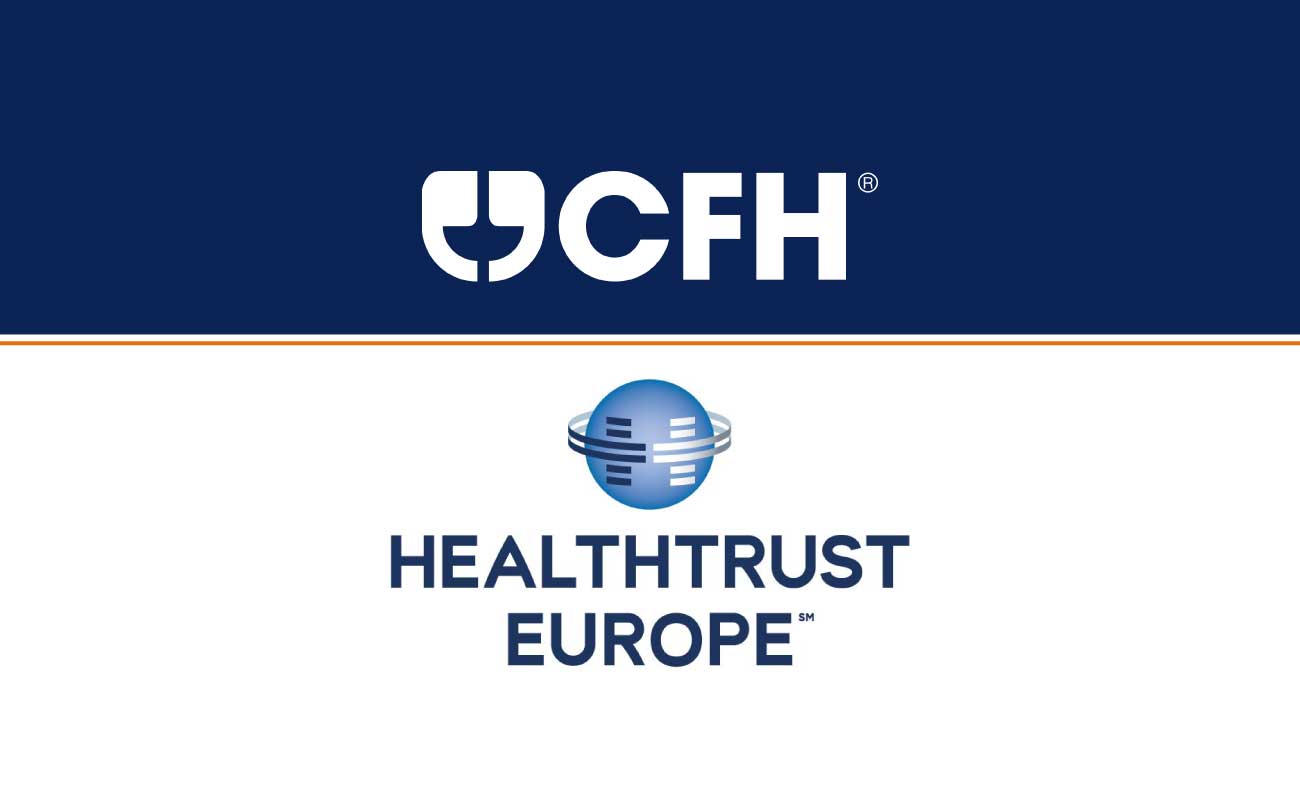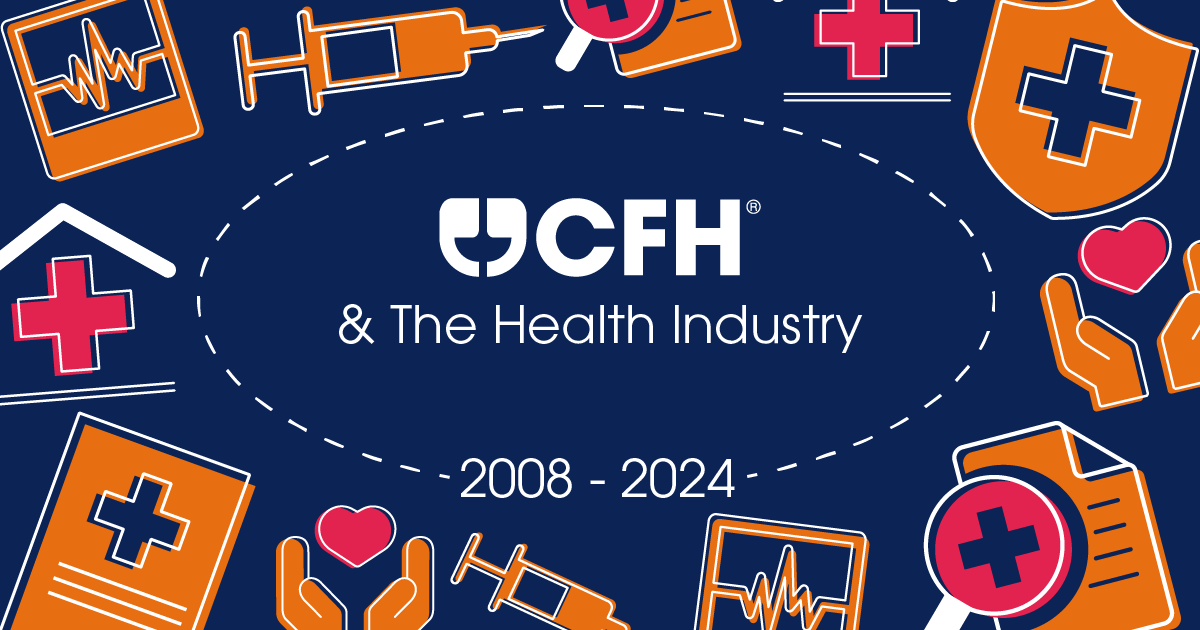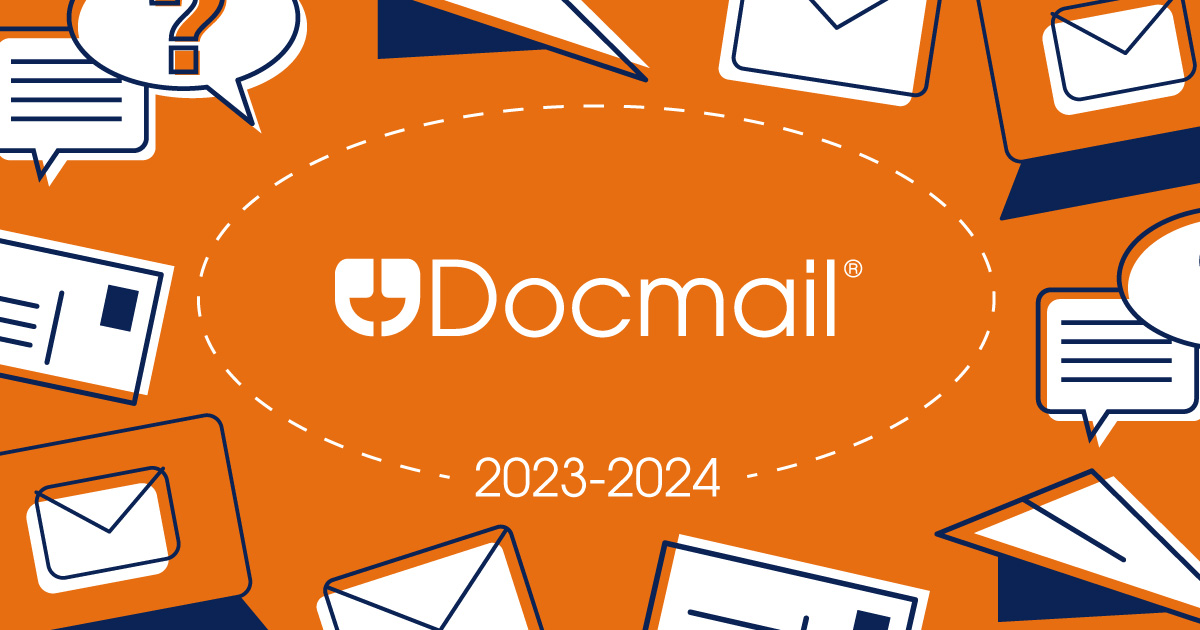Each year the seasonal flu period impacts thousands of patients across the world, with experts pinning the UK’s flu season typically between December - March. In the lead-up to this time, medical practices meticulously plan their flu campaigns in order to keep those at risk safe whilst heavily relying upon the government to deliver on their promise of on-time vaccine delivery.
Despite the year-round planning, the flu season is never that straightforward. With every year being impacted by vaccine delays, caused by a variety of factors.
This 2021 winter flu season, is no different. The government recently reported a vaccine delay of around two weeks, just days before one of the largest UK flu vaccination campaigns was about to take place.
This not only left medical professionals scrambling to cancel and rearrange flu clinics but added further confusion, to what has already been one of the most challenging years on record for the National Health Service, as increased numbers of eligible patients come forward wanting to be protected this winter.
Whilst ‘Ministers and NHS bosses want as many people as possible to have their jab, to help protect the NHS’ (Campbell, 2021), many major vaccine providers like Seqirus have since urged practices to ‘not re-book clinics until they receive a further update confirming a new date on which they can expect a delivery of vaccine’ (Bostock, 2021), to avoid further confusion and additional cancelled clinics.
This not only increased the inbound activity practices receive on a daily basis but raises the question of when will these vital clinics actually be able to take place.
Despite this many practices continue to plan behind closed doors, so that when the time is right they are able to deliver a quick, COVID-safe vaccine clinic, creating their own contingency plans to ensure their clinics remain a success whilst informing patients when required.
This no doubt has increased the pressures on already unsustainable workloads of practices across the country and further affected the patient-practice relationship with many surgeries finding themselves inundated with calls, emails and practice visits from eager patients.
Whilst this early increase in activity was anticipated due to the cancellation of clinics and news reports, practices will be seeking a way in which to minimize pressures of further increased activity, where possible, whilst continuing to provide patients with everything they need to know. But how can this be done?
With cancelled flu clinics and fears of shortages upon delivery, practices are working tirelessly to keep patients up to date on what to expect in the coming weeks in relation to their annual flu vaccinations and possible COVID-19 booster.
But as key updates seem to be changing weekly, practices are seeking ways to make their lives that little bit easier whilst managing practice traffic caused by the vaccine delay (both now and in the future) and this all starts with effective communications.
Whilst communications can be seen as a major time consumer during this uncertain period, there are some simple ways in which practices can plan ahead so that their time and efforts can be focused on other important areas.
From letter templates, text reminders, communication workflows, social posts and standard responses, having a library of communications templates in place for all circumstances helps practices utilise documents when required, with a click of a button. This minimizes the amount of time spent on creating, amending and sending communications with the option to pre-select designed templates which can be used year on year once approved.
These templates should offer complete personalisation, for both bulk and individual touchpoints, so that practices can simply store these templates and use them when required, for maximum efficiency with minimal effort.
With larger eligible patient cohorts, it’s more important than ever that practices manage their data in a way that is efficient, secure and time-sensitive.
By pre-defining data lists and breaking patients down into manageable batches, practices are able to instantly access relevant databases as well as manage patient footfall and interaction through the planning of patient contact. Whilst this may seem an obvious thing to do, having manageable databases of patients helps to organise flu clinic structures as well as any invites sent, removing pressure from both communication management and clinics.
What’s more, practices are now pre-scheduling mailings for the coming month so that patients can be engaged automatically. Perhaps this is a little early to consider whilst dates are not yet confirmed by vaccine suppliers, but for most practices, this provides the opportunity to plan ahead where possible.
Being able to schedule mailings in advance, removes the daily pressure of communicating whereby communications can be planned a week, fortnight or even a month in advance helping minimize workloads when practice interaction increases at the peak of the flu season.
Whilst these steps help minimize the pressure on staff during this busy period, many practices will still find reception staff managing their communications internally, for example, printing, folding and stuffing postal envelopes, managing a library of comms or individually emailing patients.
However, there are a range of specialist companies who are available to help during this busy period, as well as all year round, becoming valuable partners you can trust.
Supporting medical practices since 2009 to deliver secure, engaging patient communications, Docmail hybrid mail is an approved supplier of the NHS to manage, print and deliver letters when it matters most.
With the ability to pre-plan mailings using the 28-day scheduling option, store templates and approved comms in the library and next-day dispatch postal options, the system is designed in a flexible manner, so that it can work alongside the challenges practices are facing, offering full support and help.
The system is already used by over 4,000 medical practices in the UK and can be installed instantly, providing complete communication management whilst removing some of the pressure staff are facing.
If you would like to find out more about hybrid mail read our latest blog or find out how we can support you with your patient communications fill in your details below and we will get in touch.


Structured Credit Communications For Leading Agri-Food Organisation

Surrey County Council Sought to Optimize Print/Post Services Across Departments. We Helped Transform Their Services With Our Industry Expertise.
The block management software providers at Blocks Online experienced considerable growth upon integrating a reliable mailing method and API connection.
Transitioning to new postal options gave Croydon Health Services NHS Trust more flexibility in how they communicate with their patients.
Keen to adopt a more efficient way of printing, packing and posting their time-sensitive paper communications, High Mill has embraced the Docmail Print Driver.
Simplified Patient Communication For Lung Health Check Programme



Looking to streamline the process of sending crucial patient communications, CFH ensure accuracy and timeliness of delivery for LLR Patient Care Locally.




Fife-based Electricity Asset Services, specializing in electrical and civil engineering, employs CFH's Docmail system for improved communication with Scottish Power and staff.











